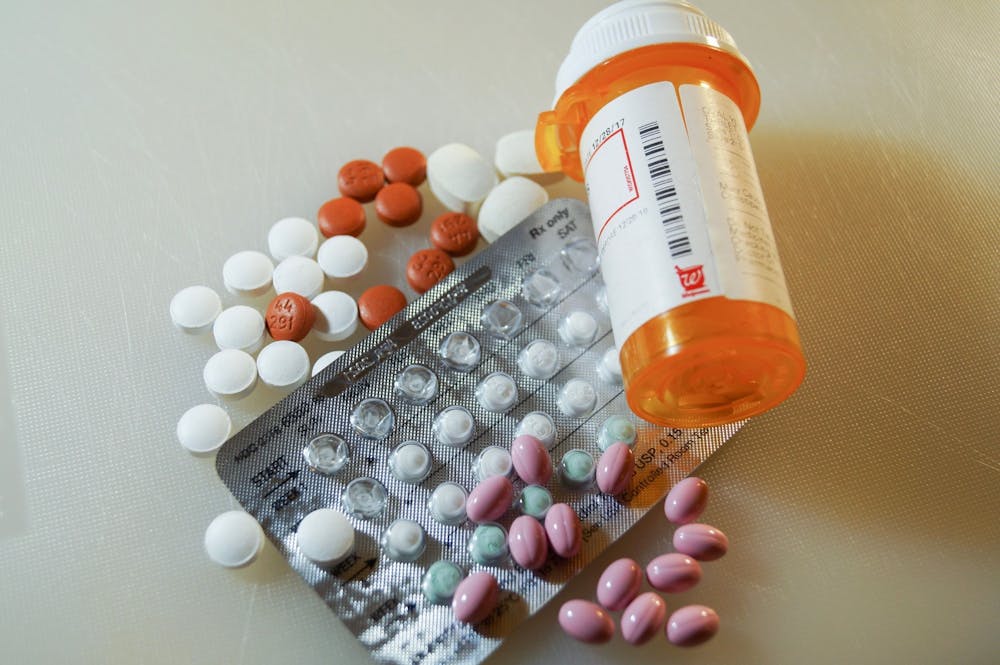Monopolies and their precious patent system are easily identifiable cruxes to the cost of living with health issues in the U.S. As an individual with Crohn’s Disease, AbbVie’s patented Humira was an option for my treatment after diagnosis. I’m glad I didn’t take it. After 2019, Americans spent 1.4 billion more on Humira the following year due to net price hikes. Individuals paid approximately 10 percent more for Humira year to year. Monopolies and the patent system that platforms them are long due a remodel.
Biden’s Build Back Better framework promises a plan to leverage drug prices lower through going to war with monopolies. The Biden administration’s plan of attack consists of limiting market exclusivity for small molecule drugs to nine years and complex biologics to 12 years. After this interim protection, the 10 most expensive drugs in the U.S. will be subject to price negotiations that will conclude in 2023 and agreed post-negotiation prices will internalize in the marketplace by 2025. To promote negotiation, drug companies that refuse to come to the table and offer reasonable prices for consumers will owe an excise tax. In this case, an excise tax is a type of flat tax imposed on the sale of each additional pharmaceutical unit operating above the preferable price-ceiling.
The problem with the Biden administration’s plan is that it focuses on punishing monopolies rather than the greater goal of opening the drug market to competitors. Excise taxes to dissuade sales above a certain price result in deadweight loss for the economy. While putting a fixed limit on market exclusivity for pharmaceuticals is a correct first step to lower America’s high drug prices, levying a tax on monopolies is not productive. The Biden administration needs to focus less on taxes and more on eliminating barriers to entry into the realm of pharmaceuticals. Competition is the true solution to overpriced drugs. The Food and Drug Administration says it themselves — “the overall cost of prescription drugs is reduced by faster generic approval times.” More substitutes for big brand names equals lower prescriptions cost for consumers. Sounds simple enough, but it is not.
Therein lies the current crux of our inflated drug prices — the FDA’s approval of generics is overtly rigorous and slow. Consolidation of firms within pharma has “reduced the ranks of companies willing to purchase and distribute generics.” So, even if the FDA flooded generics into the marketplace, these drugs wouldn't necessarily be adopted by medical providers — due to many things — one being unspoken collusion. In 2019, 157 injectable generics approved by the FDA two years prior still hadn’t reached the marketplace. Charles Silver and David Hyman from the Cato Institute attribute this occurrence of idleness to long approval processes and tall costs of integrating within an industry opposed to noval additions. Many makers of generics simply sit on their FDA approvals as research and development costs are too high to begin their operations. With all this gatekeeping and initial overhead, perhaps the patent system should be eliminated altogether.
A solution to providing safe passage for start-ups in pharma while circumnavigating high research and development costs is a prize system in place of the current patent system. A well-developed prize regime would operate post FDA approval. After compliance is reached, barriers are moot and all interested companies are available to bring the drug — via approved processes — to market, encouraging competition. The government would match a percentage of research and development costs for the approved drug. The cash value of the subsidy for sanctioned drugs will be multiplied by need basis. For instance, the subsidy for new competitors entering the insulin market will be greater than other markets where demand is not as immediate. Moreover, pioneering pharmaceuticals will be equally rewarded, keeping innovation at the forefront of this policy’s mind.
As a Hayekian believer in free-market capitalism, I’ll be the first to say a system operating on a subsidy is just as suspect as one set to the tune of a tax. But, I am holding out hope. There is a bet to be made with this prize system. With clear receipts of government outlays that are available for public scrutiny, Americans can clearly measure their respective cost to benefit ratio. Silver and Hyman express similar sentiments for a prize system opposed to a patent, saying that “it seems better to use the tax system to fund prizes rather than to use the patent system to impose cost.” Furthermore — within a prize system funded by a tax — costs “fall on consumers, insured populations, and taxpayers. Taxing people to fund prizes is simpler, more straightforward, and fair.”
A prize system to regulate our prescription-drug system should be given a chance by American taxpayers. I recognize a prize system isn’t the end all be all. The federal government still needs extensive antitrust enforcement when it comes to policing price hiking collusion among the pharma industry. Moreover, the FDA needs to be kicked into high gear to spur competition, approving generics post brand name approval. With the above resolved and American taxpayers willing to take the plunge, a prize system to replace our patent system is not an astronomical aim. A prize system would lower prescription drug prices and relinquish Americans from playing patron to price-mulish monopolies.
Rylan Dawson is an Opinion Writer for The Cavalier Daily. He can be reached at opinion@cavalierdaily.com.







